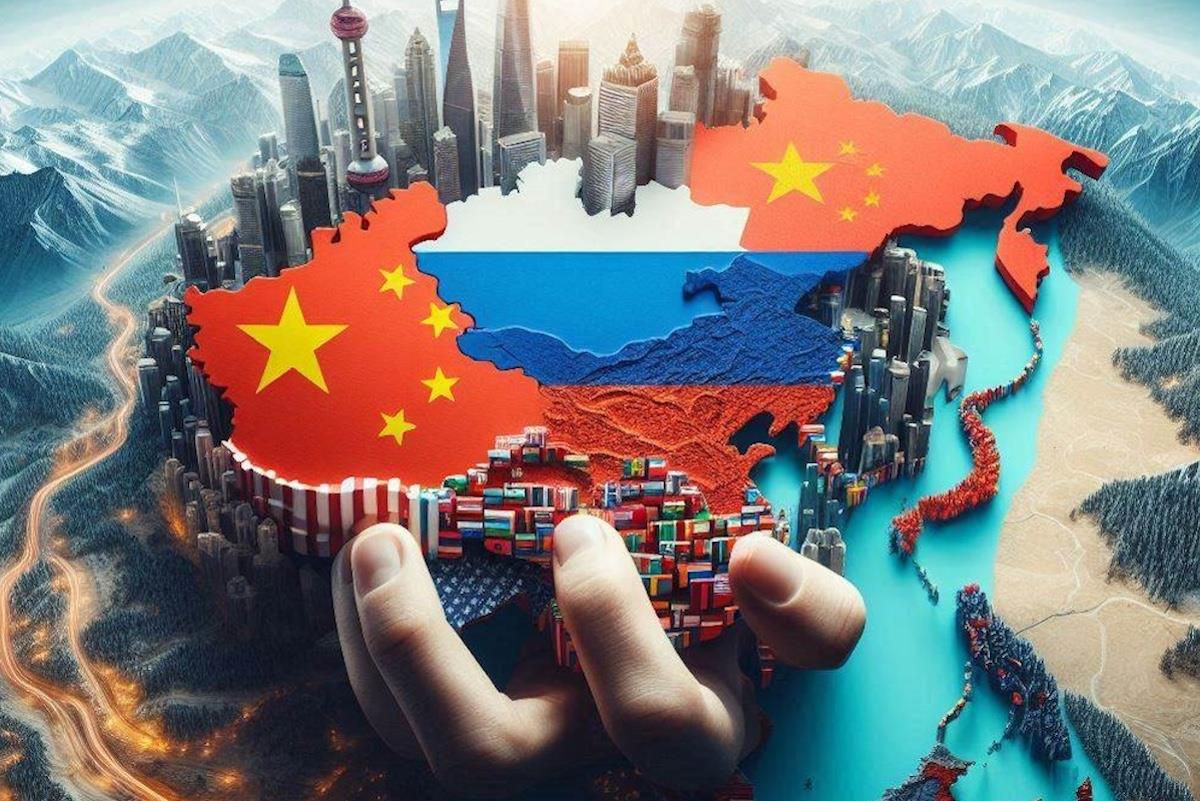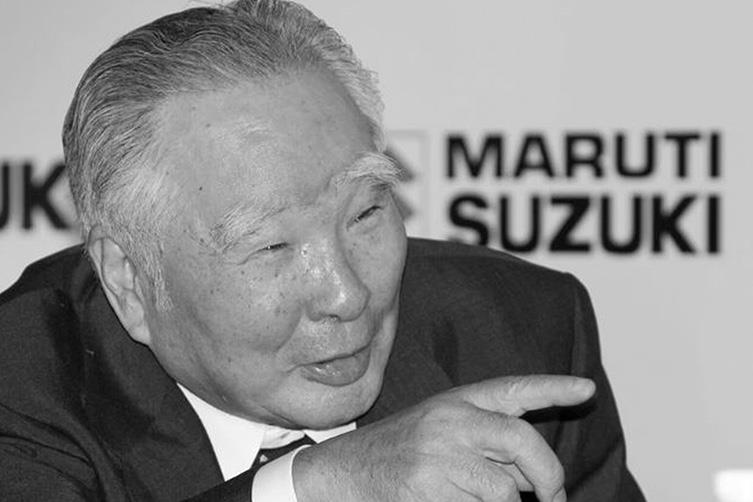
How Trump Can Break China's Tightening Grip On Central Asia
Construction is expected to take six years and will bolster China's growing trade with a strategic region the US has de facto abandoned since withdrawing militarily from neighboring Afghanistan in 2021.
China's trade with Central Asia, comprised of Kazakhstan, Kyrgyzstan, Tajikistan, Turkmenistan and Uzbekistan, hit US$89 billion in 2023, making it by far the region's largest trade partner.
China's trade was followed by the EU with $53.9 billion, Russia's $44 billion and Turkey's nearly $13 billion . Central Asia has long been considered Russia's sphere of influence but that's perceptibly shifting toward China, in part due to the Ukraine war.
America's combined trade with Central Asia in 2022, the last year for which the Office of the United States Trade Representative has published data, was a meager $4.4 billion .
This is in spite of the“United States Strategy for Central Asia 2019-2025: Advancing Sovereignty and Economic Prosperity”, published in February 2020 under the previous Trump administration.
India trailed behind at $2 billion in 2023 followed by Iran at $1.5 billion in 2022 and Pakistan at just $309 million that same year.
India and Iran's low level of Central Asia trade is somewhat surprising considering their involvement in the International North-South Transport Corridor and the US sanctions waiver for India to conduct trade with Afghanistan from Iran's Chabahar port (and then presumably throughout the rest of the region).
On that score, India and Iran clinched a 10-year Chabahar port deal last spring but the Biden administration surprisingly threatened sanctions despite the waiver granted on India's use of the port's facilities.
Pakistan's paltry trade with Central Asia owes to its worsening tensions with Taliban-run Afghanistan, which spoiled plans to connect with the region after the US military withdrawal in 2021.
There are still plans to reconstruct and modernize the Pakistan-Afghanistan-Uzbekistan railway, but rising security-related tensions and funding challenges have impeded progress.
Even so, Pakistan's Minister of Maritime Affairs insisted in early January that Central Asian countries still want to trade through Pakistani ports.

Legal Disclaimer:
MENAFN provides the information “as is” without warranty of any kind. We do not accept any responsibility or liability for the accuracy, content, images, videos, licenses, completeness, legality, or reliability of the information contained in this article. If you have any complaints or copyright issues related to this article, kindly contact the provider above.

























Comments
No comment